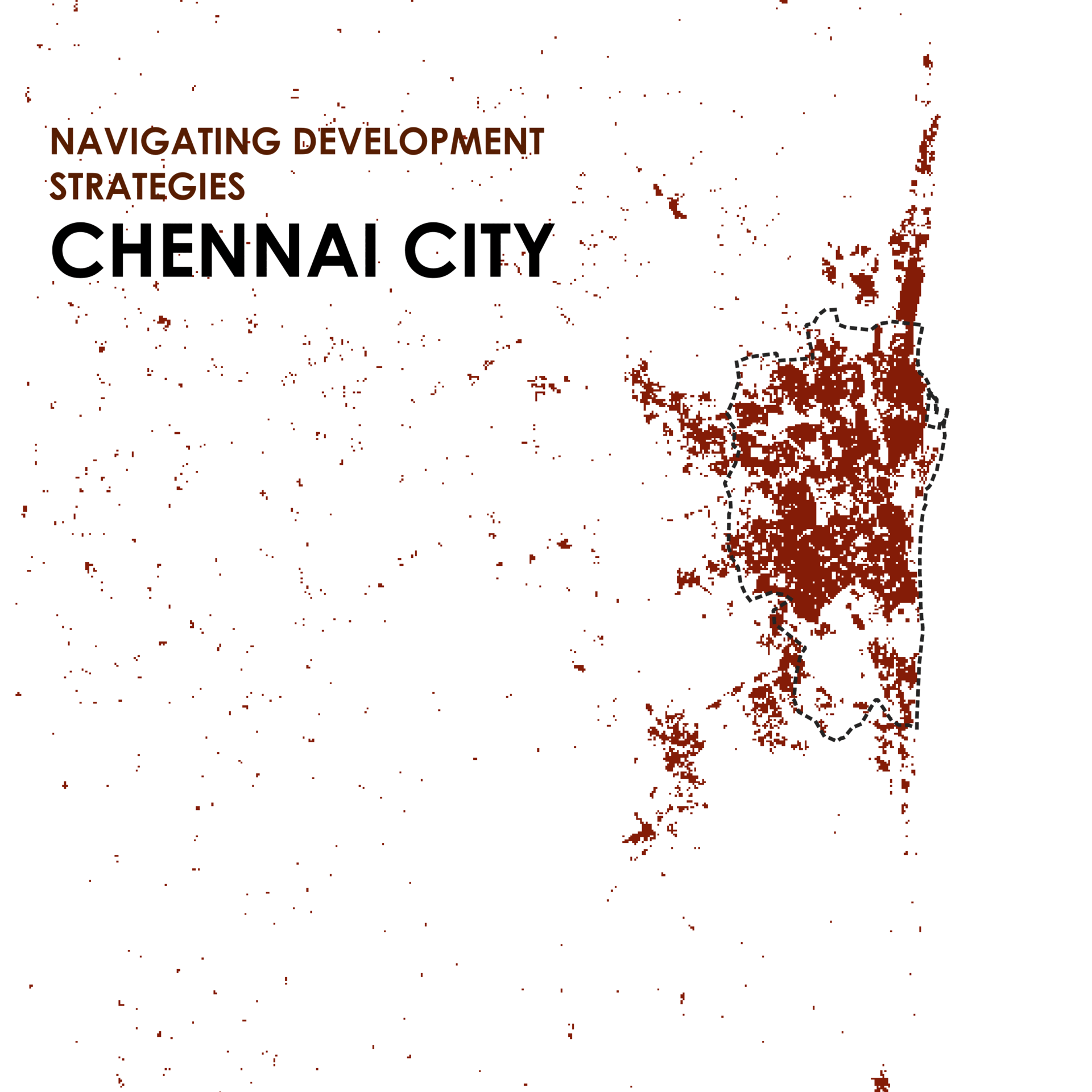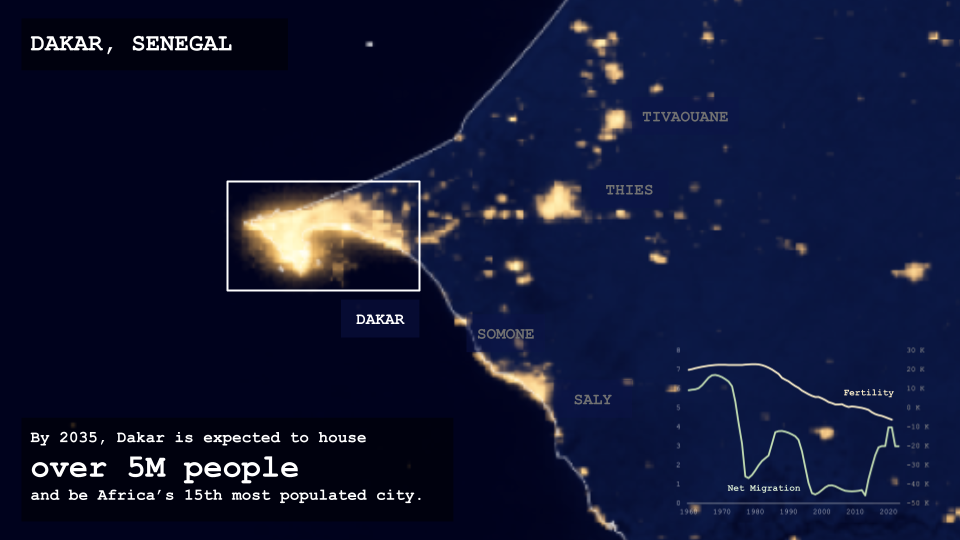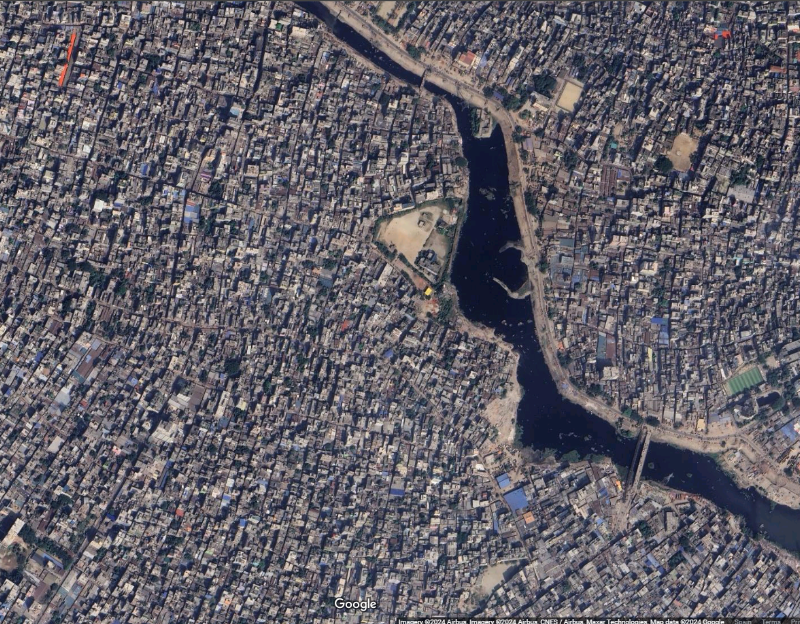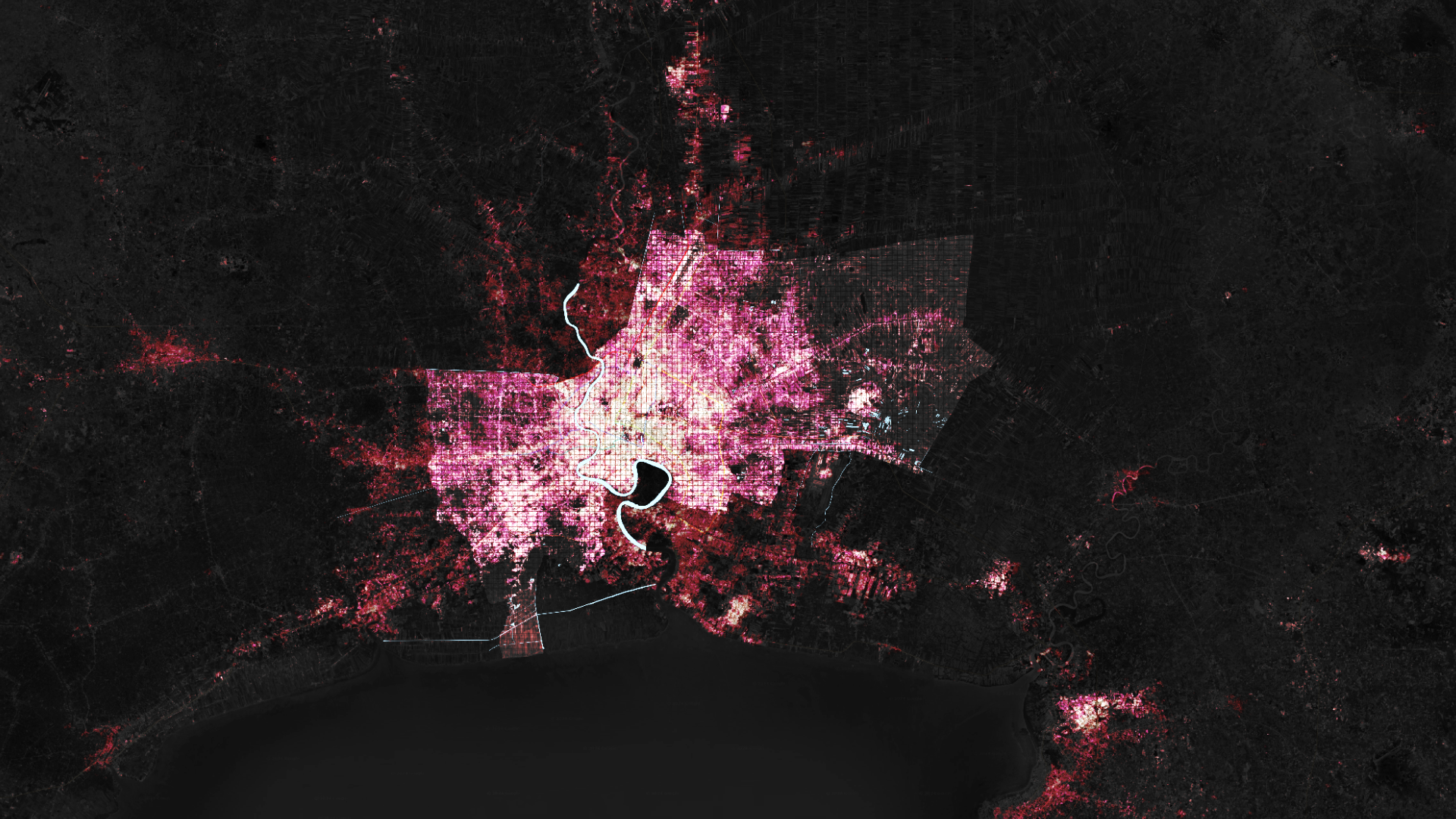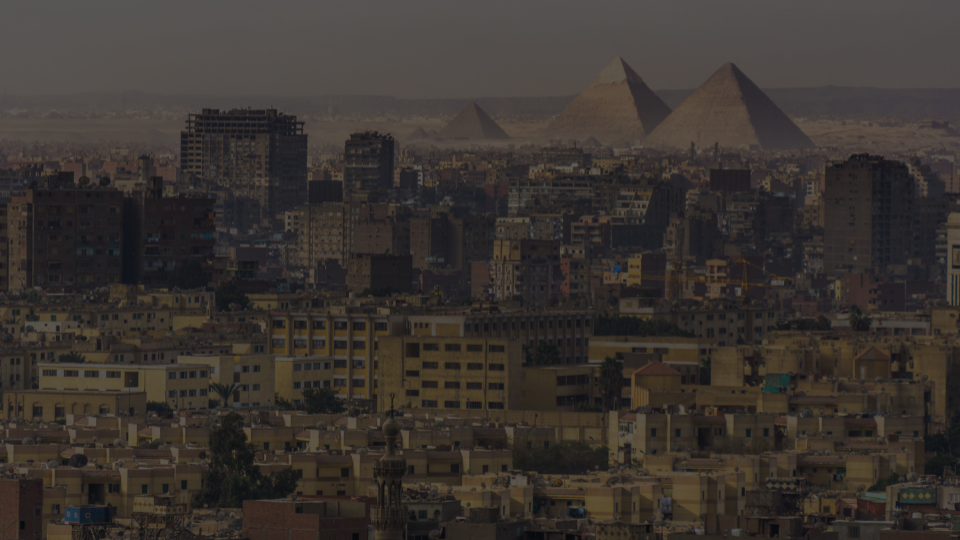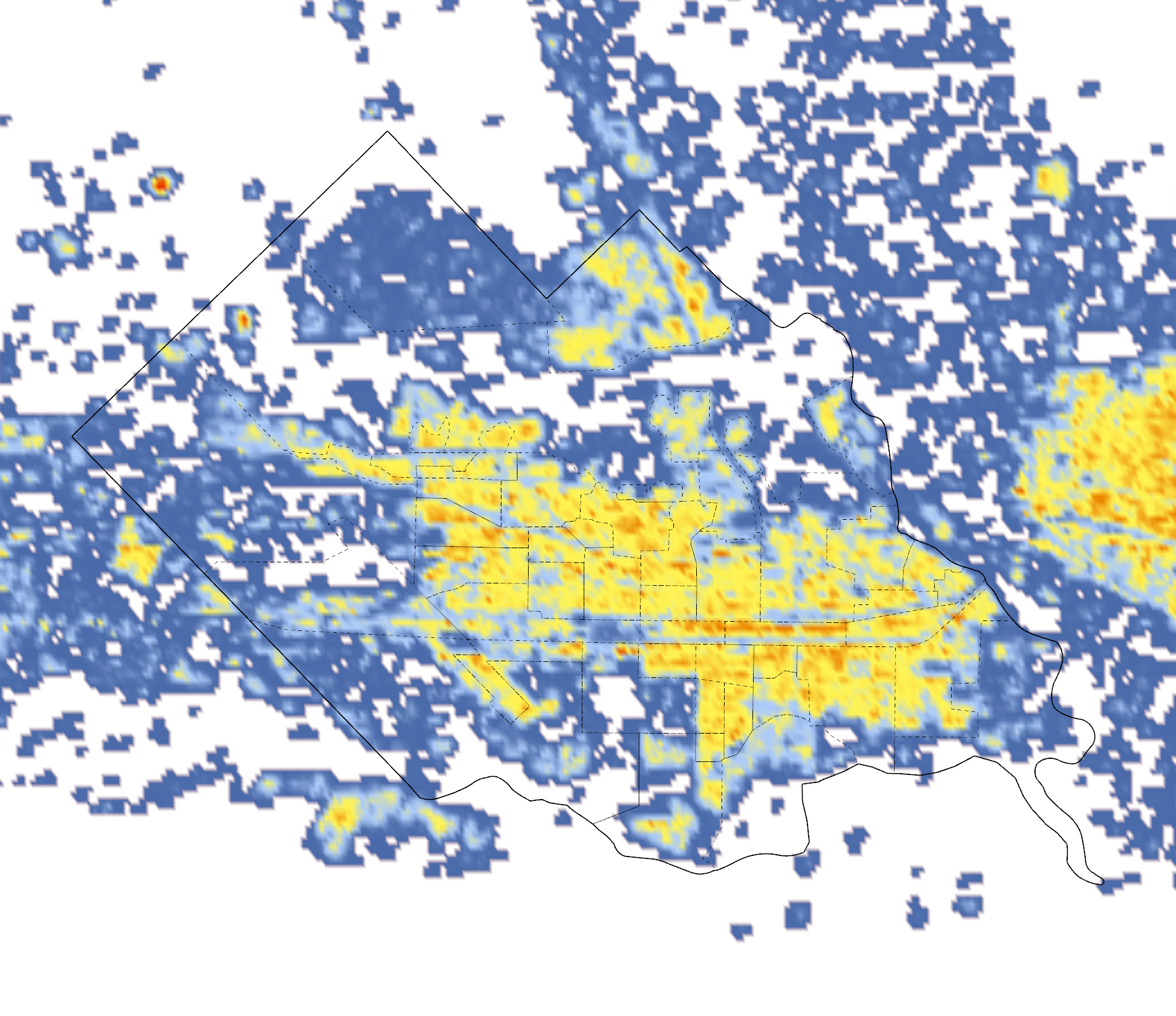
photo credits: Anna Piccinni
Description
In territories of rapid urbanisation in the “Global South”, unsustainable development patterns such as: informal settlements, limited access to affordable housing, urban sprawl, social exclusion, traffic congestion, air pollution, etc. become more obvious and potentially undermine green, digital, and fair transition. Cities are laboratories of fast-paced development, where decision makers, investors, urban planners, architects, designers, and citizens operate at the intersection of project design, planification, and governance. Ambitious planning efforts, such as grand capital districts, smart mobility, and functional urban areas, increasingly adopt an integrated perspective that considers synergies and trade-offs across long-term sustainable development goals.
However, this long-term, integrated planification is very often too slow compared to the market and demographic needs that characterised rapidly urbanizing landscapes in the “Global South”. In addition, too often local stakeholders have asymmetrical information, continue to work in silos, with limited coordination across levels of governance and mandates. How do various players involved in everyday ‘city-making’ consider long term sustainability objectives as spelled out in the sustainable development goals and global urban agendas?
The workshop aims at providing students with comparative tools (such as stakeholders and investment mapping, urban planning documents, etc.) to analyse context-specific gaps and challenges in the framework of 2030 UN Agenda and other global sustainable urban agenda. In dialogue with practitioners and scholars, the students will also identify a portfolio of existing (or potential) tangible planning and design solutions.
Learning Objectives
At course completion the student will:
- Have experimented with comparative tools to understand the challenges related to rapid urbanisation within the UN 2030 Agenda.
- Be able to reveal or develop local tangible ideas for urban design and planning, that are compatible with context specific climate change and socio-economic challenges.
- Develop and apply an embryonal methodology for comparing rapidly urbanising areas and assessing sustainability of urban initiatives.




